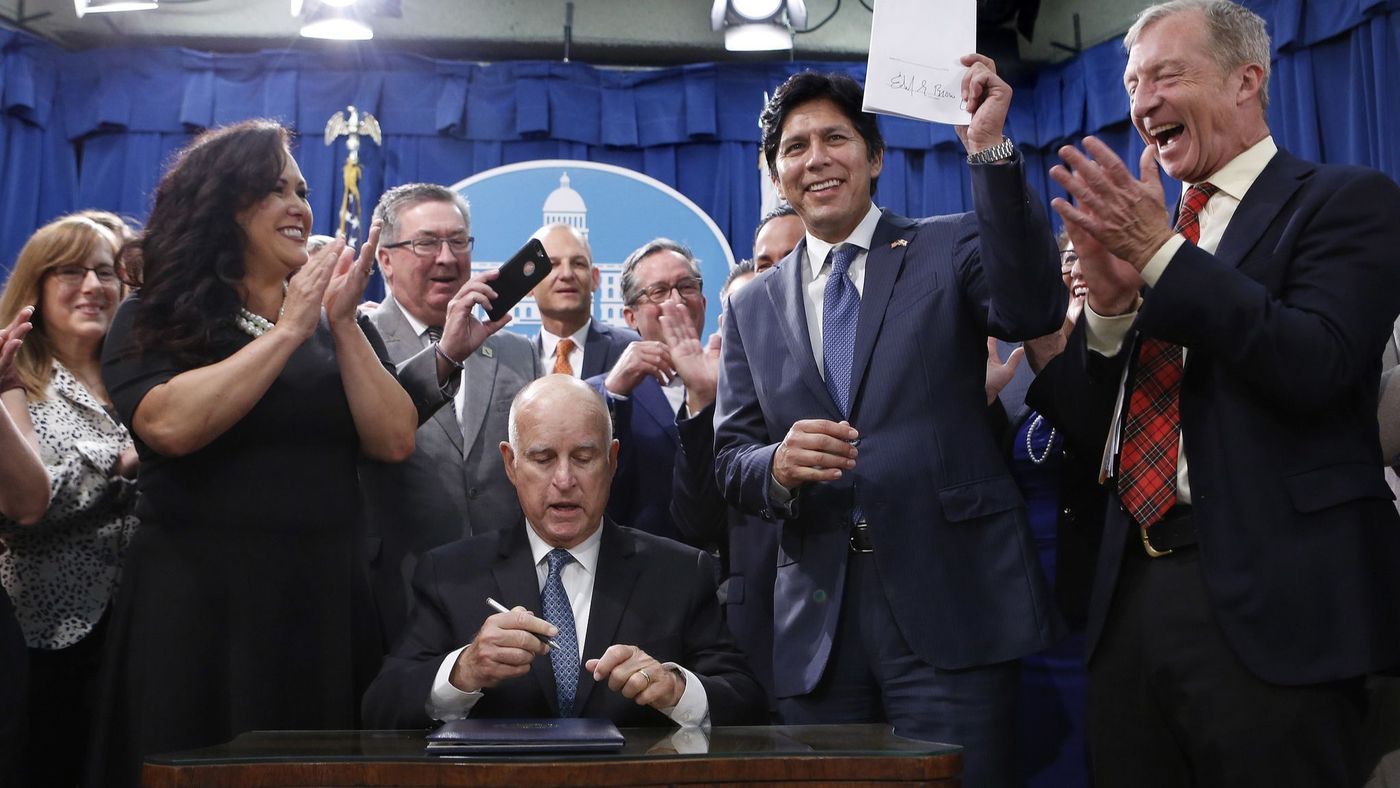
GRACE JANG – MARCH 9TH, 2020
EDITOR: PINJA VUORINEN
Introduction
Corporate Executive Officers (CEOs) are often seen as impersonal economic agents who play a crucial role in shaping the economy. To behavioral economists, this perception only represents a superficial façade of the CEOs’ persona. Understanding that CEOs are also human beings, behavioral economists cast more light on the personal aspects of CEOs like family and educational background.
Ulrike Malmendier, a leading behavioral economist and a professor of Economics and Finance at the University of California, Berkeley, co-authored several papers on the association between CEOs’ overconfidence and their corporate investment decisions. The main finding of Who Makes Acquisitions: CEO Overconfidence and the Market’s Reaction (Malmendier and Tate, 2006) was that overconfident managers make more acquisitions than managers who are not overconfident, with a considerable correlation between CEO overconfidence and educational background.
In this study, we use the approach and datasets from the research of Malmendier and Tate to examine the relationship between CEOs’ overconfidence and their personal characteristics, specifically their educational background, age, and CEO tenure. Our research seeks to redirect their research by focusing on the causal effect of managers’ personal characteristics on their overconfidence rather than the causal effect of overconfidence on their corporate investment decisions by using a conditional logit model with control variables and fixed effects.
Data
Our study uses datasets that we have obtained from Malmendier and Tate (2006). The sample consists of firms that appeared at least four times on the Forbes lists of the largest US companies in the years 1980 to 1994, which gives us 5417 firm-years or 954 managers. Our conditional logit model is as follows:
Pr (Longholder=1 | X) = β0 + β1 * FinanceEdu + β2 * TechnicalEdu + β3 * Age
+ β4 * CEOTenure + β5 * VestedOptions + firm fixed effects + year fixed effects + ε.
Our dependent variable is the probability of a CEO being overconfident. CEOs’ overconfidence is defined as their tendency to overvalue their firm’s future returns. To measure this, we use CEOs’ longholding behavior as a proxy. A manager is classified as overconfident if at least once during their tenure they hold an option until the year of expiration even though the option is at least 40% in-the-money entering its final year.
As for the independent variables, we categorize educational background into three types: finance, technical, and miscellaneous. FinanceEdu is a binary variable that takes a value of 1 if the manager holds an undergraduate or graduate degree in accounting, finance, business (including an MBA), or economics. TechnicalEdu is coded as 1 if they hold an undergraduate or graduate degree in engineering, physics, operations research, chemistry, mathematics, biology, pharmacy, or other applied sciences. The miscellaneous category of education is dropped to avoid the dummy variable trap. Age represents the age of the CEO. CEOTenure is the number of years that the CEO has held his or her tenure.
To control for the variation in individual CEOs’ holdings of options, we include VestedOptions which measures CEO’s holdings of options that are exercisable within six months as a fraction of common shares outstanding. We also include firm fixed effects and year fixed effects to control for the variation across individual firms and years. However, based on Malmendier and Tate’s research, we do not include firm characteristics like firm size, investment opportunities, and cash flow as our control variables. This is because their research found that the pairwise correlations between the Longholder variable and the firm characteristics listed above were generally small, and that the only two variables with correlations higher than 0.1 with Longholder were VestedOptions and CEOTenure. Therefore, it is implied that excluding firm characteristics from our control variables would not lead to Omitted Variable Bias. Thus, in our model we try to control for unmeasured differences across firms by using firm fixed effects instead of explicitly including these firm characteristics in the model.
Results
Table 1. Conditional Fixed-Effect Logistic Regression
| Logit | |
| Finance Education | 1.5530**
(2.09) |
| Technical Education | 0.7499
(1.56) |
| Age | -0.6706***
(-6.01) |
| CEO Tenure | 0.8391***
(6.51) |
| Vested Options | 36.8525*
(1.73) |
| Firm fixed effects | Yes |
| Year fixed effects | Yes |
| Observations | 294 |
*p < 0.10, **p < 0.05, ***p < 0.01. Z-statistics in parentheses.
Among the three variables of interest, we find that FinanceEdu has a positive and statistically significant coefficient, which indicates that managers with a background in finance education are more likely to be overconfident than managers with other educational backgrounds. With regards to age and CEO tenure, CEOs who are younger or have been sitting in their tenure longer are more likely to be overconfident. Turning to the control variables, VestedOptions has a positive association with overconfidence. This is because a long-holding CEO would tend to hold more near-expiration options than other CEOs and thus have a higher value for VestedOptions.
Conclusion
Our study shows that CEO overconfidence is correlated with educational background; managers with a background in finance education are more likely to be overconfident than those with a background in technical or other types of education. Furthermore, there is a statistically significant relationship between time-variant features like age and CEO tenure and whether the CEO is overconfident at a specific point in time.
One way to interpret this result is that CEOs with degrees in finance tend to overestimate their own management capability. There also seems to be a within-individual variation in overconfidence: CEOs become more overconfident over the course of their current CEO tenure but less overconfident as they age, possibly because human beings typically become less optimistic and more realistic through the years.
Our study has several weaknesses that can be improved in follow-up research. First, our sample includes years only up to 1994, so we cannot extend our results to more recent years. Second, our study possibly suffers from high multicollinearity between the independent variables, for example between age and CEO tenure, that could have affected their standard errors and statistical significance. Future research could address these issues by including more recent data in the sample and adjusting the regression methods for multicollinearity.
The effect of CEO overconfidence on the financial health of the firm is beyond the scope of our research. Nevertheless, past literature often reported statistically significant correlation between CEOs’ managerial biases and their corporate decisions. Thus, our study has implications beyond individual managers’ personal background and psychology to the broader performance of their firm, industry, and economy.
Our research is also noteworthy because it gives more weight to the personal aspects affecting overconfidence as opposed to the situational aspects. The ‘personal’ theory posits that managerial overconfidence stems from the inherent temperament of the managers while the ‘situational’ theory argues that it arises from the financial situations that the managers face at different points in time. By highlighting the importance of personal characteristics like education, age, and CEO tenure in predicting managerial overconfidence, our study reinforces the view that some CEOs are more predisposed than others to overvalue their firm’s future returns irrespective of their external financial circumstances.
Ultimately, our research shows that CEOs are just as human as the rest of us, with their cognition shaped by experiential forces like education, age, and CEO tenure. In fact, CEOs with finance education and longer managerial experience – those whom we often deem the most qualified to be corporate leaders – may be even more susceptible to the overconfidence bias. If this is true, then perhaps it is not so surprising that some of the most prominent specialists in our economy can sometimes make blunders in corporate finance decisions.
Featured Image Source: Business Insider
Disclaimer: The views published in this journal are those of the individual authors or speakers and do not necessarily reflect the position or policy of Berkeley Economic Review staff, the Undergraduate Economics Association, the UC Berkeley Economics Department and faculty, or the University of California, Berkeley in general.



